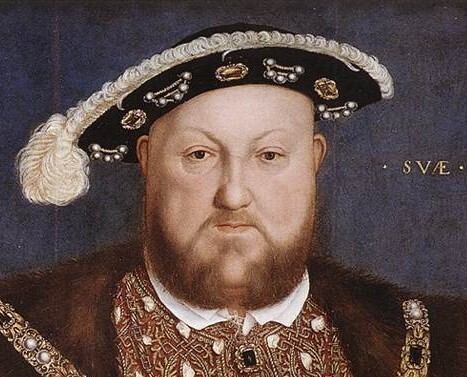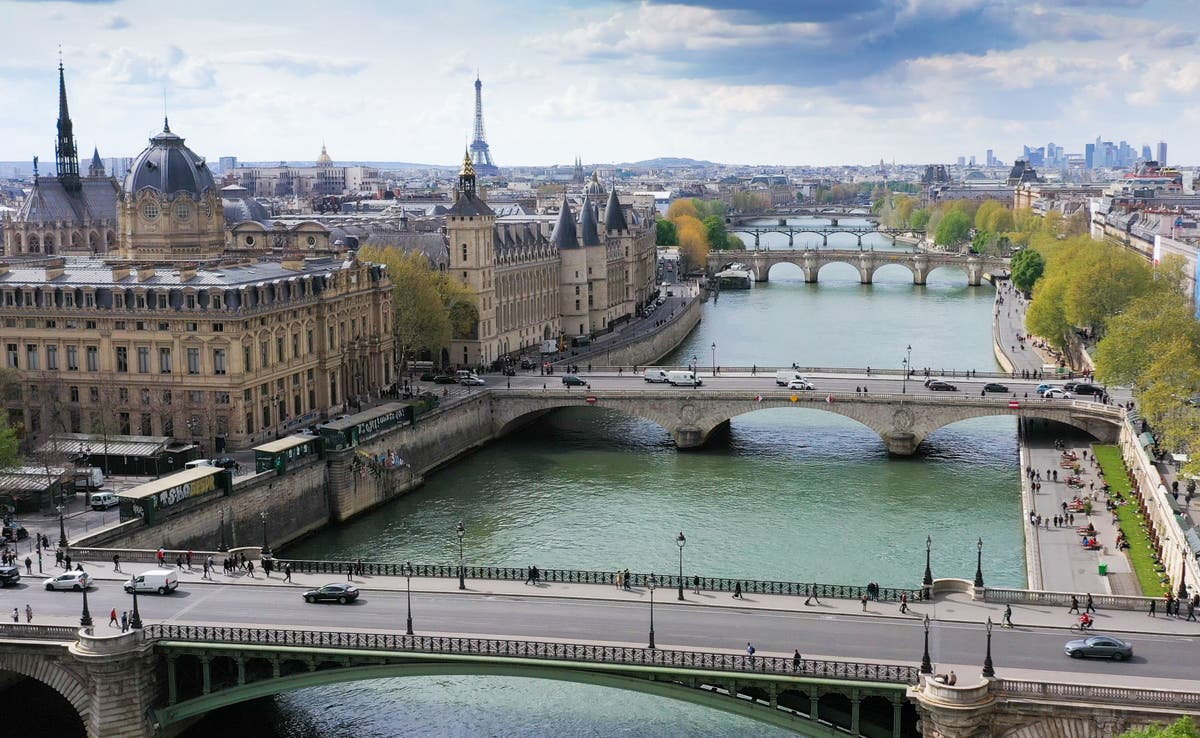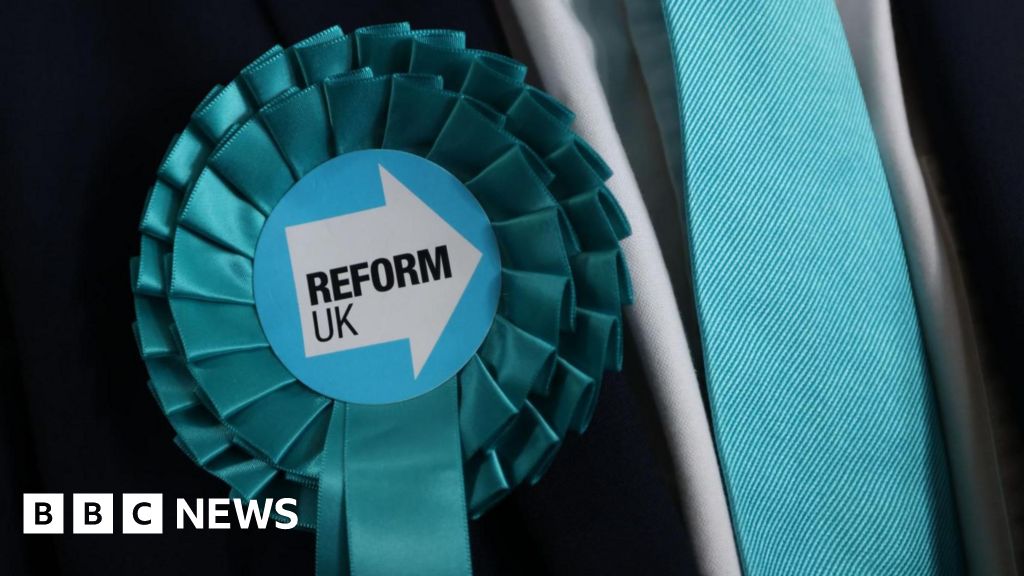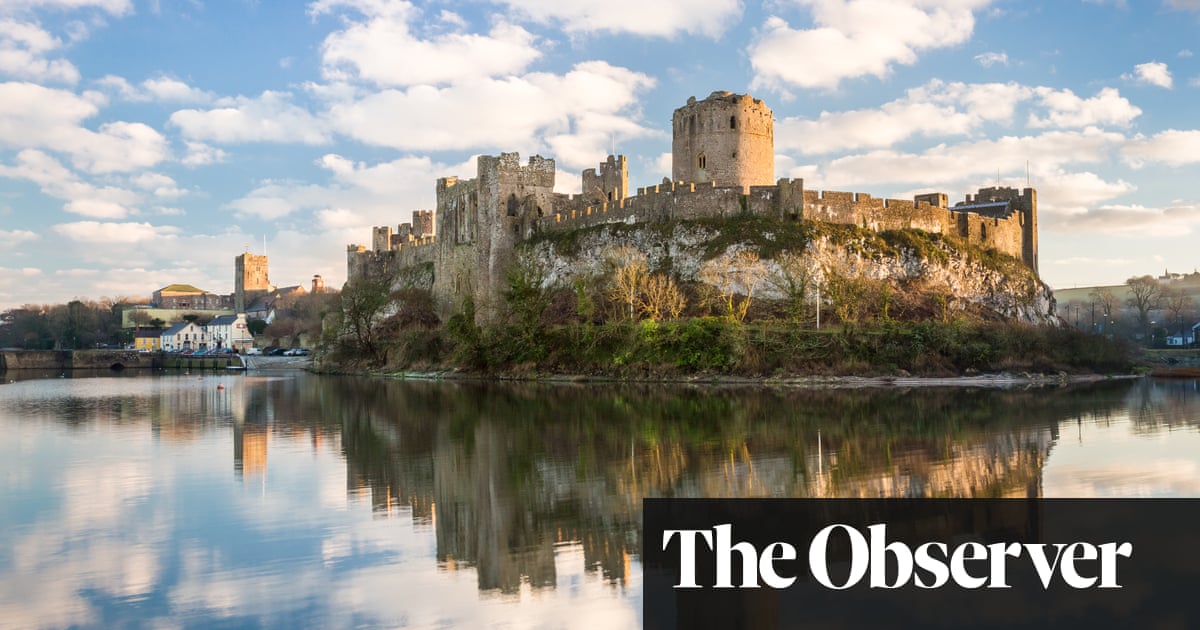ᴇᴍᴘᴇʀᴏʀ 帝
A geologist and archaeologist by training, a nerd by inclination - books, films, fossils, comics, rocks, games, folklore, and, generally, the rum and uncanny… Let’s have it!
Elsewhere:
- Yrtree.me - it’s still early days for me in the Fediverse, so bear with me
- 2.49K Posts
- 5.04K Comments

 3·5 hours ago
3·5 hours agoDoes he want to destroy the Conservative party and rebuild it in his image[?]
This is my worry - his sudden U-turn suggests someone has had serious words with him about how this is the best time to strike as the stars have aligned to show a route for him to get into power. He doesn’t need to win (m)any seats, he just needs to wreck the Tories chances in a number of seats, dragging them to historic lows and then propose some kind of merger as the best way to remove the threat. With so few MPs left and a desperation in the party, he can pitch himself as the best candidate to beat Starmer and, he may well be.
It would make the Tory party into the National Front Lite but they’re already most of the way there:
all these policies would be at home in a Thatcher-era National Front manifesto, and they are all now promoted by the Conservative party.
It Can’t Happen Here?

 1·6 hours ago
1·6 hours agoHow would we be able to tell the difference afterwards? Would it not be better to go and shit on the water companies or (as I have mentioned before) take a leaf from French farmers and drive a muck-spreader up to their HQ and give them the lot.
Indeed:
We have a traditional compact with voters. They might suspect that we are self-promoting posh boys and money-grabbing wotsits, in politics for no good reasons. But if we are bstards, at least we have been competent bstards, ritually elected to clean up after Labour’s habitually profligate compassion. The last few years have ruined that. Without competency, we are just b*stards.
Quite an amazing thing to see coming from a Tory. It’s like arguing “at least the trains ran on time”, except the Tories can’t manage that.
And “Labour’s habitually profligate compassion”? Things like reducing hospital waiting times? I suppose they did work hard to reverse that.

 2·9 hours ago
2·9 hours agoDefinitely do, it’s a great film.
Red trunks! Terrific!
George Monbiot wrote a piece about them a couple if years ago: Welcome to the freeport, where turbocapitalism tramples over British democracy:
Their objectives were set by an advisory panel chaired by the two most ardent supporters of freeports in the government: Liz Truss and Rishi Sunak. The panel was composed of two public officials, two economists, five industry lobbyists, one cities advocate, one venture capitalist and two members of dark-money thinktanks (lobby groups that refuse to reveal who funds them). No trade unions, political rights, environmental or public interest groups were represented.
…
There is a further, extraordinary aspect, which is beginning to come to public attention. While the “tax sites” and “customs sites” in a freeport cover a maximum of a few hundred hectares, the operators are allowed to set an “outer boundary” with a diameter of up to 45km (28 miles). Where a “very strong case”, with a “clear economic rationale”, is made, the area can be even wider. There must have been some very strong cases, because some of these zones are 75km from point to point. The Plymouth and South Devon freeport incorporates the whole of Dartmoor and the entire South Hams region. The Southampton freeport includes the New Forest and the Isle of Wight. The East Midlands zone extends from Nottingham to Leicester and Burton upon Trent to Upper Broughton. In Suffolk and Essex, everywhere from Sudbury to Felixstowe and Needham Market to Clacton-on-Sea is included. The Humber freeport boundary extends from Spurn Head to Howden; Teesside’s from Peterlee to Staithes and Redcar to Dinsdale; East London’s from Barking to London Gateway, and Liverpool’s from Birkenhead to Urmston.
What these boundaries mean is, as always, clear as mud. When I asked the government to show me the “very strong cases”, its spokesperson told me “we don’t publish that information”, then refused to elaborate. Perhaps it’s because the government has told private operators that the information contained in their bids is “commercially sensitive”. This is another way in which they’re protected from democracy: they are not subject to the transparency and accountability required of public bodies.
The Department for Levelling Up tells me: “It is categorically not the case that the entire area has been earmarked for development or has special planning status.” But if there is one thing we’ve learned in recent years, it’s to attend to what the written policy says, not to what the government says it says. I think I have now read every public official document on freeports in the United Kingdom, and I have found no such assurance. On the contrary, one of them states: “Outside of customs and tax sites, wider Freeport levers, including planning freedoms … should be targeted within the Freeport Outer Boundary.”
Understandably, all this opacity is beginning to cause alarm. Some people have proposed an even more sinister agenda: the government wants to turn these places into “charter cities”, corporate fiefs in which environmental and workplace protections are almost entirely stripped away. There is, as yet, no evidence of this. But if any senior politician is biddable and extreme enough to extend the stupidities of freeports, it is Liz Truss. Last month she started promoting the idea of low-tax, low-regulation “investment zones”. As usual, she seemed to have little idea what she meant by this: the line was probably fed to her by some unaccountable thinktank. Is it a repackaging of freeports, or something else?

 3·9 hours ago
3·9 hours agoIf only protesting were that easy most of the time.

 7·12 hours ago
7·12 hours agoSacre merde!
I do wonder about the protest - isn’t the problem that the Seine is polluted because they’ve been shitting in it?

 7·13 hours ago
7·13 hours agoNow they’re asking the real questions!

 2·18 hours ago
2·18 hours agoDefinitely seems quicker.

 4·1 day ago
4·1 day agoDo they not have enough cash? Ah sorry, this is the Tory party.
There now look to be so many it raises questions: has this always happened and we are only just finding out? Is this some kind of coordinated thing? It’s definitely feeling like the stupid kind of thing someone would post to a WhatsApp group.

 3·1 day ago
3·1 day agoSounds like they are doing well. Bee orchids have a symbiotic relationship with a fungus, so if you have one doing well, you know the fungus is present and more will likely follow. While light might be a factor, they tend to prefer open grasslands, so I suspect the difference might be in the fungus. If you were feeling bold, you could try transplanting a clump to the back garden in the hope that the fungus would take hold and spread.

 2·1 day ago
2·1 day agoThat’s great - I’ve seen a few in the wild but never one in a garden and that’s a fine specimen.
My understanding is they need special soil conditions to grow, so your garden must be perfect for it. I’d buy some seeds and try and get some more going.

 3·1 day ago
3·1 day ago"Many exotic species, have now established themselves throughout wild places across the UK, after being dumped and released when the 1976 Dangerous Animals act came into force.
This is often trotted out as an explanation but that was nearly 50 years ago so there would have to be viable breeding populations of these animals.
Wolves also tend to hunt in packs, unlike some of the purported Alien Big Cats, so you might not expect to see a solitary one. Where you might see a rather wolf-like dog on it’s own chasing deer.

 4·2 days ago
4·2 days agoAt the start of the screening of the new episode in cinemas, Millie Gibson popped up saying all mysteries will be resolved. That definitely wasn’t. I have to assume that she’s being set up as a future villain or the Mary Poppins look at the end suggests she’s Missy or it was just a throwaway thing from RTD which means nothing.

 3·2 days ago
3·2 days agoAnd we love him doing it.

 10·2 days ago
10·2 days ago“Out of context” eh, Nige? I think the context of the murder of Jo Cox makes a nasty comment downright appalling and a genuine threat to democracy.
Moderates




- British Geneaology @feddit.uk





- British Films@feddit.uk
- Request a Feddit.uk community @feddit.uk

- British Radio@feddit.uk



- Gigs - live music events past, present or future@feddit.uk

- British Books@feddit.uk

- Fossils@feddit.uk



- AuDHD@feddit.uk




- Photography @feddit.uk

- Obituaries@feddit.uk
- British Comic Cons@feddit.uk





- Vinyl@feddit.uk
- Retro Computing UK@feddit.uk




















They’re a strong choice - Timo Tjahjanto seems to have learnt all the right lessons from The Raid (he even worked with Gareth Evans on the best segment from VHS 2, possibly the best segment of the franchise) and he poised for a big breakout hit western cinema.